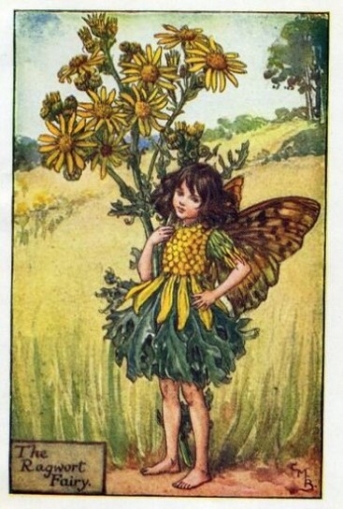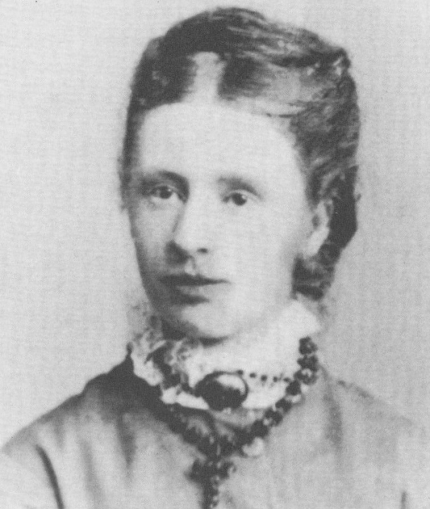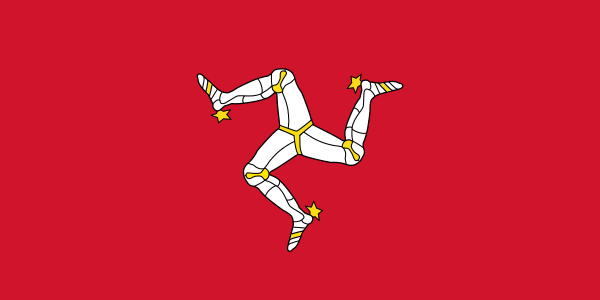Manx poet and playwright "Cushag" and the fairy power of the national flower of the Isle of Man
Josephine Kermode (18 September 1852 - 15 February 1937) was a Manx poet and playwright better known by the pen name "Cushag". Cushag was a name that she was known within her family. The Cushag, is the national flower of the Isle of Man and is also known as Ragwort. According to legend, King Orry who was the Norse-Gaelic ruler Godred Crovan (died 1095), chose as his emblem the cushag flower. He saw its twelve petals as representing one of the isles of the Kingdom of Mann and the Isles: the Isle of Man, Arran, Bute, Islay, Jura, Mull, Iona, Eigg, Rum, Skye, Raasay, and the Outer Hebrides.
Josephine Kermode had been publishing poetry in the Manx papers since 1899, Cushag’s first book, Poems of Cushag, was published in 1907. This was followed by Ellan Vannin in 1911, two smaller works (Granny and The Glen), and then Manx Melodies in 1922. Her verse with its mix of humour, lyricism and use of traditional Manx themes and dialect was very popular. Her plays are also some of the most remarkable in all of Manx literature. She had a commitment to traditional Manx culture, not least through her work in collecting and recording folklore with Sophia Morrison (24 May 1859 – 14 January 1917) who was a Manx cultural activist, folklore collector and author. Below is a poem by "Cushag", which refers to the Manx belief that the Cushag flower had a special association with fairies.
To The Cushag’s’ Friend
O THE cushag flower in a fairy bower
Would shine like a star of gold;
But when it grows in the farmer’s close
‘Tis a shocking weed, we’re told.
Yet common things
May have their wings
To help our souls above;
And wayside weeds,
Like kindly deeds,
Spring from a father’s love.
The cushag flower had fairy power
In olden times, you know,
To bear you away on a summer’s day
Wherever you wished to go.
Its golden wings
Were slender things
To carry souls aloft;
But fairy tales,
Like fresh’ning gales,
May have their uses oft.
The cushag flower in a stormy hour
Shines brighter for the gloom;
So kindly deeds, like wayside weeds,
May shine when troubles loom.
Old folks would say,
In their own day,
When troubles took their fill,
And times were bad,
And hearts were sad,
“There’s gool on the cushag still!”
Now the cushag we know must never grow
Where the farmer’s work is done;
But along the rills in the heart of the hills
The cushag may shine like the sun,
Where the golden flowers
Have fairy powers
To gladden our hearts with their grace;
And in Vannin Veg Veen,
In the valleys green,
The cushags have still a place.









